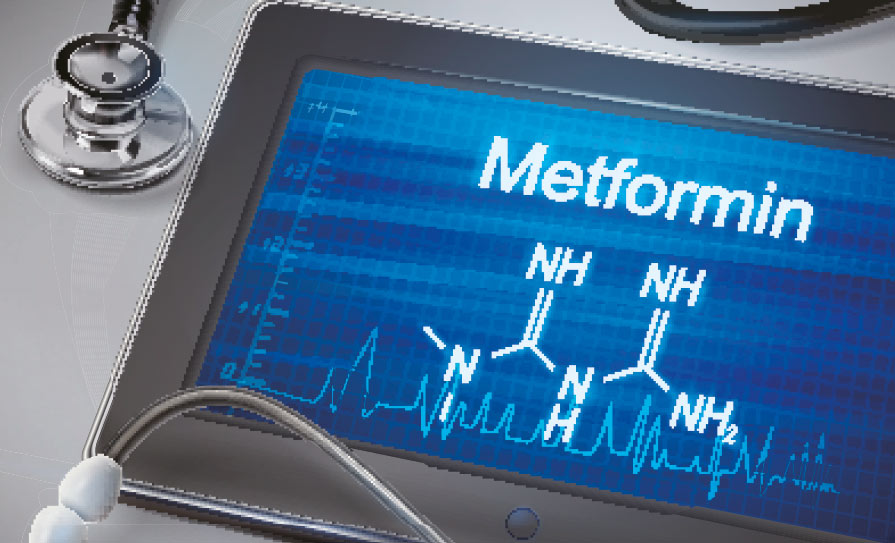New research shows the diabetes drug Metformin and solid foods elevate a hunger-reducing factor (Lac-Phe) in the body, whereas sugary drinks have minimal effect. In a ground-breaking study, just published in leading international journal Nature Metabolism, scientists from Trinity and Princeton and Harvard Medical School share newly uncovered secrets to natural appetite control, which offer promise in the battle against obesity and type-2 diabetes.
Obesity is a key driver of type-2 diabetes, and the 2022 Eurostat report revealed that one-in-five Irish adults are obese. Indeed, global diabetes cases have more than tripled in the last 20 years alongside the rise in obesity.
The cost of managing diabetes represents approximately nine per cent of EU Member States’ healthcare budgets – totalling €149 billion in 2019. There is no cure for diabetes and every year in Europe 114,000 people lose their lives from diabetes-related complications.
The scientists report new insights into how the widely used diabetes drug metformin benefits patients with type-2 diabetes. Metformin is described by some as a “wonder drug” even though we still do not know exactly how it works.
This study shows that metformin increases the amount of an appetite suppressing factor called Lactoyl-Phenylalanine (Lac-Phe), identified in 2022 as a natural appetite suppressant, and which is known to be raised by vigorous exercise.
The scientists probed data from other studies involving large numbers of patients, to conclusively demonstrate that Lac-Phe levels rise after individuals take metformin. This work opens a new avenue for developing targeted anti-obesity treatments.
Barry Scott, first author of the research, is a former stock market trader and now a PhD Candidate in Trinity’s School of Biochemistry and Immunology, based in the Trinity Biomedical Sciences Institute (TBSI).
He said: “I’m hopeful our research can have a big impact. Metformin is the most prescribed drug for type-2 diabetes, and it’s very safe and well tolerated. How metformin affects appetite was not known, but this work shows that its influence on Lac-Phe is a key part of its hunger-suppressing impact.”
The team also discovered that Lac-Phe increases after eating, and so contributes to the feeling of fullness after a meal.
David Finlay, Associate Professor in Immunometabolism, Trinity, who co-supervised the work with Prof Lydia Lynch, Princeton and Harvard Medical School, said: “Our study shows that the type of food you eat matters. For instance, eating sugar-rich date fruits caused an immediate and large surge in Lac-Phe, for example, whereas drinking a sugar-rich drink did not. This could help explain why liquid calories can drive obesity.”
Professor Lydia Lynch said: “Identifying the factors that control appetite and satiety after a meal is important to help us to understand and ultimately treat the current obesity epidemic. Further understanding Lac-Phe’s actions may lead to a new class of safe and effective anti-obesity drugs.”
This research was supported by the National Institutes of Health, Science Foundation Ireland. The published journal article is available open access on the publisher’s website.







